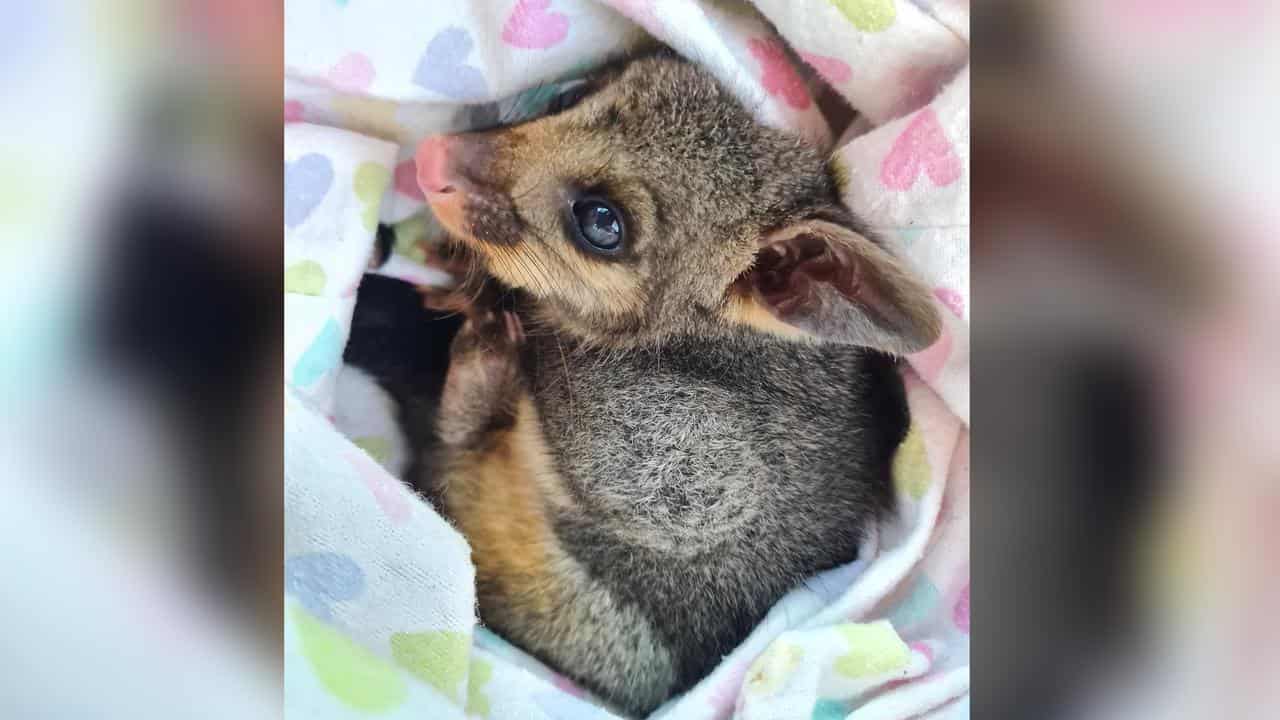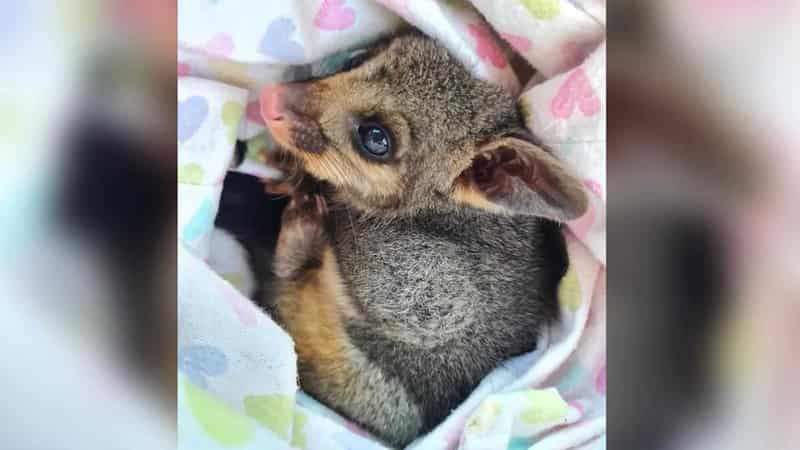
A spike in cases of native wildlife needing urgent medical care has prompted veterinarians to warn they can't continue to look after animals for weeks on end without being paid.
The head of the Australian Veterinary Association says vets need better support and more funding to look after native animals because they are expected to do so without being paid.
In the first two weeks of spring there were more than 5400 calls to Wildlife Victoria, up 34 per cent compared to last year.
The authority says it has been driven by an increase in native animals being orphaned after their mothers were injured or killed and coincided with record temperatures at the end of winter.
In the past six weeks, 766 orphaned babies required care that needed to last until they were old enough to be released back into the wild.
Wildlife Victoria chief executive Lisa Palma said a record number of animals needed to be rescued and transported, meaning veterinarians were inundated with animals they could not care for.
Vets are legally obliged to assess and treat native animals on top of existing case loads.
The Australian Veterinary Association called for state governments to be obliged to fund treatment for injured wildlife in the same way as charities and private clinics.
“Providing pro bono veterinary services is not sustainable," the organisation's chief executive David Andrews said.
A spokesman for the Victorian government said $7.4 million would be invested in wildlife welfare across the next four years.
“The welfare of our wildlife will continue to be a priority as we support programs that deliver scenario testing and emergency response plans," he said.









